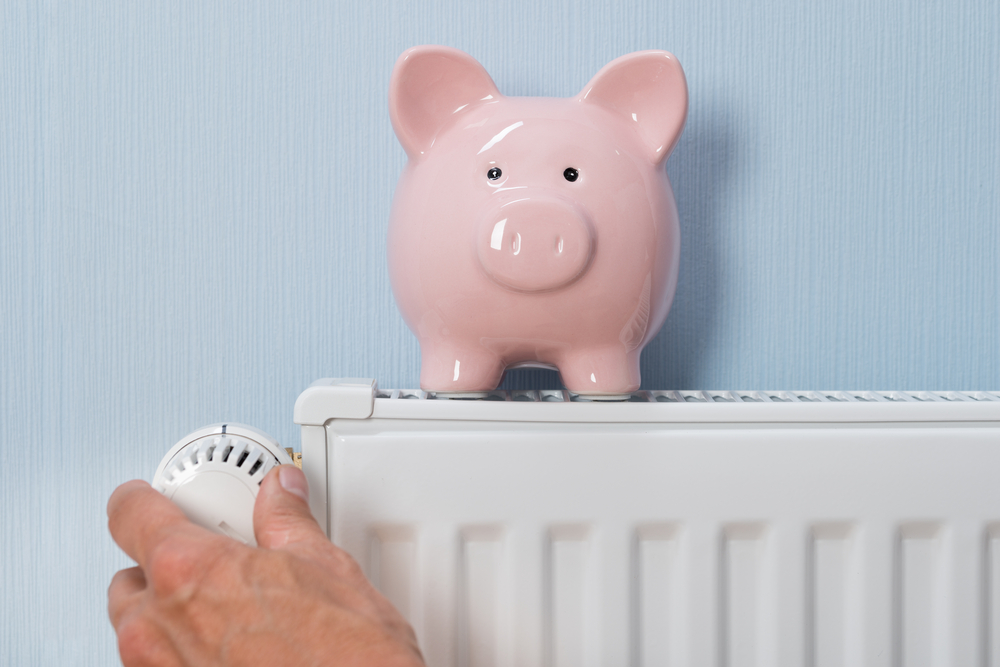Household Bills
MPs and consumer groups call for a social tariff on energy to cut soaring costs

A coalition of over 140 organisations and MPs are calling on the Government to introduce a social energy tariff.
It is hoped that this would provide a long-term solution to soaring energy bills which are unaffordable for millions of households.
Ofgem’s price cap will change this Sunday and average energy bills will be £1,923 from 1 October and bills are due to rise 13% this winter when compared to last year.
This is 50% higher than before the energy crisis and the Government is yet to announce any additional help for billpayers. Last year, energy bills were the highest on record and it made payments of £400 to low-income households to help with the costs.
This support has now ended and 34% of people are expected to struggle to heat their homes this winter without additional support.
Total energy debt is currently at £2.25bn, a rise of 70% in three years, and 6.3m households will be in fuel poverty from Sunday, according to National Energy Action, a rise of over 2m since October 2021. Prices are also expected to stay high and are unlikely to return to pre-2021 levels this decade.
The Government has repeatedly committed to consulting on a social tariff yet this is yet to happen, says the group. It first promised a consultation in the Autumn Statement in 2022 and this commitment has been repeated several times since, by the Prime Minister and other members of the Government.
Social tariffs do exist in some areas of the market, including phone and broadband, but they don’t currently exist within the energy market.
The coalition has written an open letter urging the Government to commit to a consultation on introducing an energy social tariff.
It is signed by many leading groups including Money Saving Expert, Citizens Advice, and Age UK, along with MPs.
The letter states: “This is a long-term problem that requires a sustainable safety net for these people. Anything else will be a costly sticking-plaster. There’s now a significant risk that no new protections will be in place by the time they are desperately needed.”
It acknowledges that it is unlikely for a social tariff to be introduced in time for this winter and therefore urges the Government to commit to some kind of other support for households now.
‘The energy market is broken’
Martin Lewis, founder of MoneySavingExpert.com said: “The energy market is broken – the limited competition there is hardly impacts what people pay.
“Even when there was competition, it failed many elderly or vulnerable people unable to take advantage of deals. That why I’ve long supported a social tariff. It’s why I was excited when the Government said it’d bring one in. Now I’m despairing at the deafening silence of inaction. This isn’t trivial, it’s a core wellbeing issue for millions. The Government needs to pull its bloody finger out.”
Ben Lake MP, chair of the all-party parliamentary group on fuel poverty and energy efficiency, said: “The Government cannot delay the introduction of a social tariff any longer.
“With energy debt soaring by 70% over the last three years, it’s vital that low-income and vulnerable households are protected. A social tariff would offer these in most need long-term security and provide much-needed relief from bills that are over 50% higher than pre-crisis. It’s time for the Government to consult on these issues so a sustainable solution can be put in place.”
Tariff would ‘protect millions of people from excessive energy bills’
Gillian Cooper, head of energy policy at Citizens Advice, said: “Without the introduction of more long-term targeted support, we’ll see the same crisis repeat every winter.
“Struggling households unable to pay their energy bills, people unable to top up their prepayment meter, record numbers coming to us for crisis support.
“A social tariff would protect millions of people from excessive energy bills and provide crucial certainty for people who need it most in a new era of high energy costs. The Government must deliver on its commitment to introduce better targeted support by April 2024.”
Social tariffs should be fairer and more consistent
Separate research this week from the Social Market Foundation recommended that social tariffs should be offered for energy, water and sewerage, broadband, public transport and car insurance.
It said providers offering social tariffs should do so in a consistent way so all eligible people can benefit from them.
The think tank said there are wide variations in the eligibility criteria for current social tariffs which has led to a postcode lottery of who can benefit. It is calling on the Government to set out mandatory requirements across all social tariffs to make them fairer.
Sam Robinson, senior researcher at Social Market Foundation, said: “As the cost-of-living crisis becomes our new normal, we must confront the fact that increasing numbers of families are locked out of having life’s essentials. Old systems and criteria for support and discounts can no longer be relied upon – because those in need are falling through its cracks.
“In the short term, action to increase the reach of social tariffs is urgent. But policymakers keen to address the unceasing financial pressure on families in the longer term as well should be looking to overhaul the current social tariffs framework.”